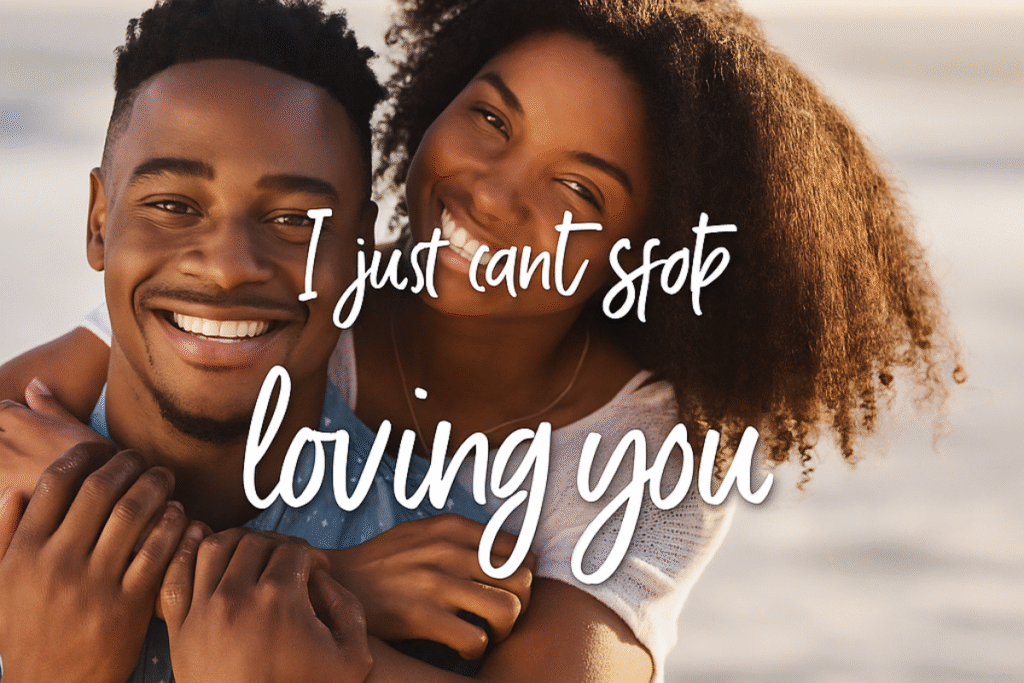Why Vulnerability Is the Secret Ingredient to Deep Love
Contents
That often rewards strength, independence, and emotional control, vulnerability is frequently misunderstood as a weakness. But in the realm of love, vulnerability is not just important—it is essential. It’s the secret ingredient that transforms surface-level attraction into deep, lasting connection.
To be vulnerable means to show your true self—flaws, fears, hopes, and insecurities included. It’s about letting someone see you without the mask, trusting that they will still choose to stay. This raw openness creates a foundation of authenticity, allowing both partners to truly know and understand each other. Without vulnerability, relationships remain stuck in the realm of performance, where love becomes conditional and guarded.
When you allow yourself to be vulnerable, you invite emotional intimacy. You communicate, “I trust you enough to let you in.” This builds a safe space where love can thrive, free from fear of judgment or rejection. It also encourages your partner to do the same, leading to mutual growth and a deeper emotional bond.
Vulnerability also fosters empathy. When one partner expresses their fears or doubts, the other learns to listen with compassion rather than judgment. This emotional transparency helps resolve conflicts more effectively, as the focus shifts from winning an argument to understanding each other’s inner world.
Moreover, vulnerability strengthens commitment. It takes courage to say, “I’m scared of losing you,” or “I’m not perfect, but I want to try.” These confessions are not signs of weakness; they are declarations of love in its most genuine form. Such honesty reinforces the emotional investment in the relationship, helping it withstand life’s inevitable challenges.
Of course, vulnerability comes with risks—rejection, disappointment, or emotional pain. But avoiding vulnerability in the name of protection often leads to emotional distance and unfulfilled connections. Love demands risk, and vulnerability is the bridge that allows two hearts to meet.
In essence, vulnerability is not the enemy of strength—it is a different kind of strength. The kind that softens walls, nurtures trust, and invites real intimacy. If you want deep love, you must be willing to be seen. Because only when you let someone see the real you, can you be truly loved for who you are.
Unlocking Intimacy: The Hidden Strength of Being Vulnerable in Love
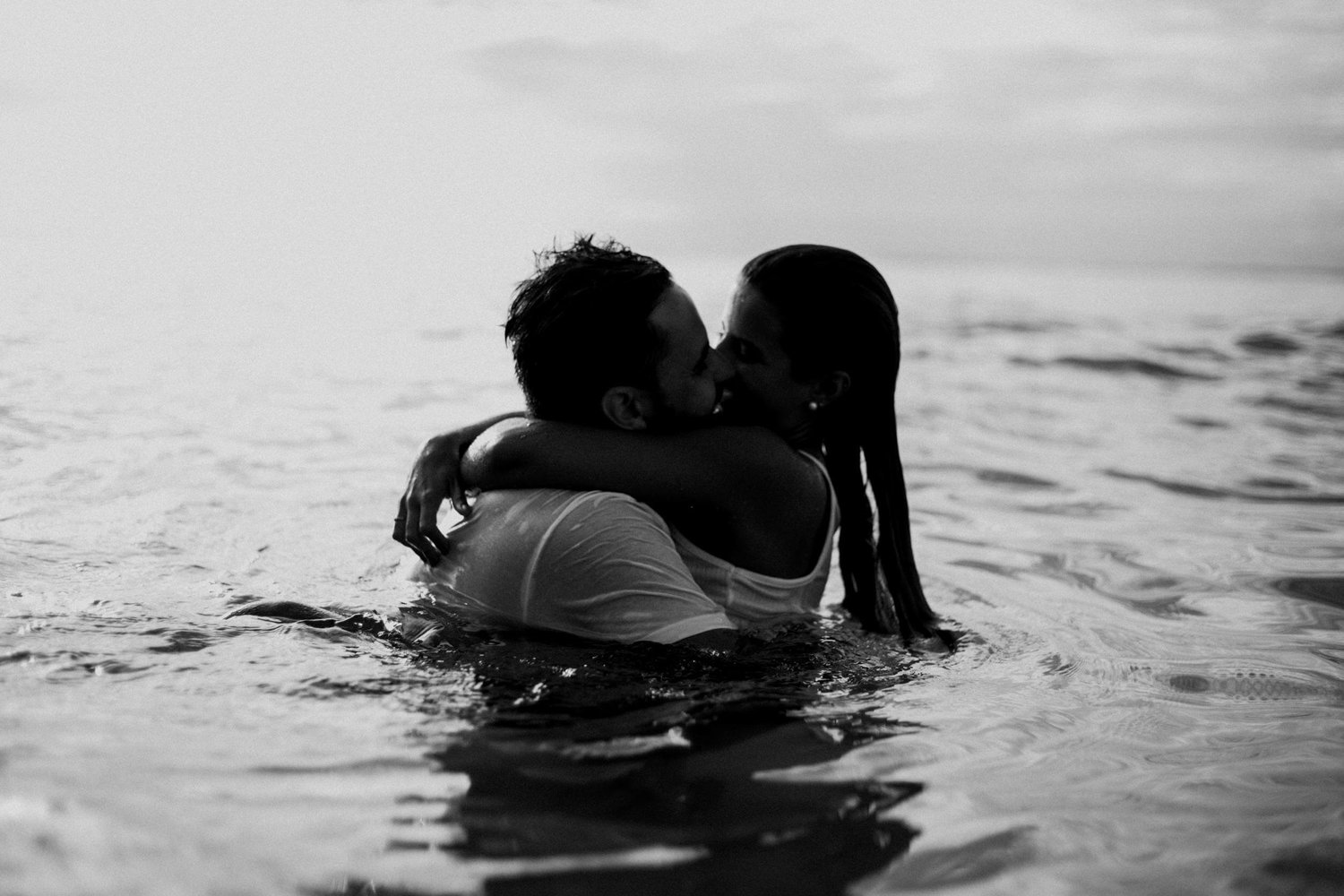
Being vulnerable means allowing yourself to be truly seen, flaws and all. It’s about letting down emotional walls, expressing your fears, your needs, and your deepest truths without knowing how the other person will respond. This level of honesty is what creates emotional safety and trust, two pillars that every strong relationship rests upon.
When you open your heart and expose your inner self, you invite your partner to do the same. This mutual exchange of truth builds a bond that is far more powerful than any surface-level connection. Vulnerability strips away pretense and performance, leaving only the raw, unfiltered human experience—which is where real love begins to grow.
In love, vulnerability enhances communication. Instead of bottling up emotions or hiding behind pride, it allows partners to speak openly about their needs and insecurities. It’s the difference between arguing to win and talking to understand. This kind of honesty fosters empathy, compassion, and emotional closeness that cannot be achieved through guardedness.
Vulnerability also builds resilience in a relationship. When couples face challenges, their willingness to be open about their fears or mistakes can turn obstacles into opportunities for growth. It shows a deep commitment to not just stay in love, but to grow in love—together.
Yes, being vulnerable involves risk. You might feel exposed, even afraid. But avoiding vulnerability out of fear creates emotional distance and blocks true intimacy. Without it, love stays on the surface, never reaching its full depth or potential.
Ultimately, vulnerability is not a sign of weakness—it’s a mark of courage. It takes strength to show up as your true self and say, “This is who I am. Will you love me anyway?” In doing so, you not only give love a chance to blossom, but you also discover the most powerful version of it: the one rooted in truth, trust, and emotional intimacy.
Bare Your Soul: How Vulnerability Builds Stronger Romantic Bonds
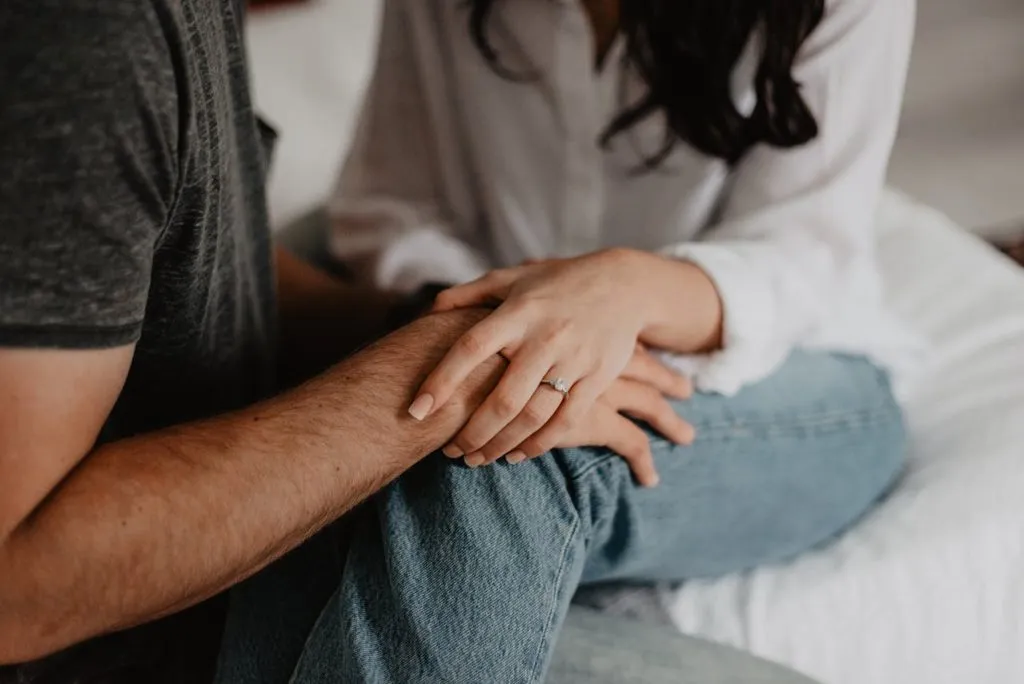
Vulnerability in love means showing up without a mask. It’s about expressing your fears, dreams, flaws, and emotions openly, without trying to filter or hide them. This emotional transparency builds trust, which is the backbone of any healthy romantic relationship. Without trust, love becomes fragile and conditional; with it, love grows stronger and more resilient.
When you’re vulnerable, you give your partner a chance to truly know you. And in return, they feel safe enough to open up as well. This creates a powerful feedback loop of honesty and emotional closeness. It’s no longer about impressing each other—it’s about understanding, accepting, and supporting each other through every high and low.
Being vulnerable also helps couples navigate conflicts more constructively. Instead of shutting down or lashing out, vulnerability encourages honest conversations like, “I felt hurt when that happened,” or “I need your reassurance.” These small moments of openness prevent resentment and build emotional intimacy.
Of course, vulnerability can be scary. It exposes you to the possibility of rejection or misunderstanding. But taking that risk is what sets strong relationships apart from superficial ones. Love isn’t just about chemistry or compatibility—it’s about connection, and that connection deepens only when two people are willing to be real.
In the end, baring your soul doesn’t weaken the relationship—it strengthens it. It shows that you’re willing to trust your partner with your true self. And in doing so, you create a bond that’s rooted in authenticity, not illusion.
So if you want a love that’s deep, honest, and unshakable, don’t be afraid to be vulnerable. Let go of the fear of being judged or misunderstood. Because when you open your heart fully, you make room for a kind of love that’s not just romantic—but truly transformative.
The Courage to Be Open: Embracing Vulnerability in Relationships
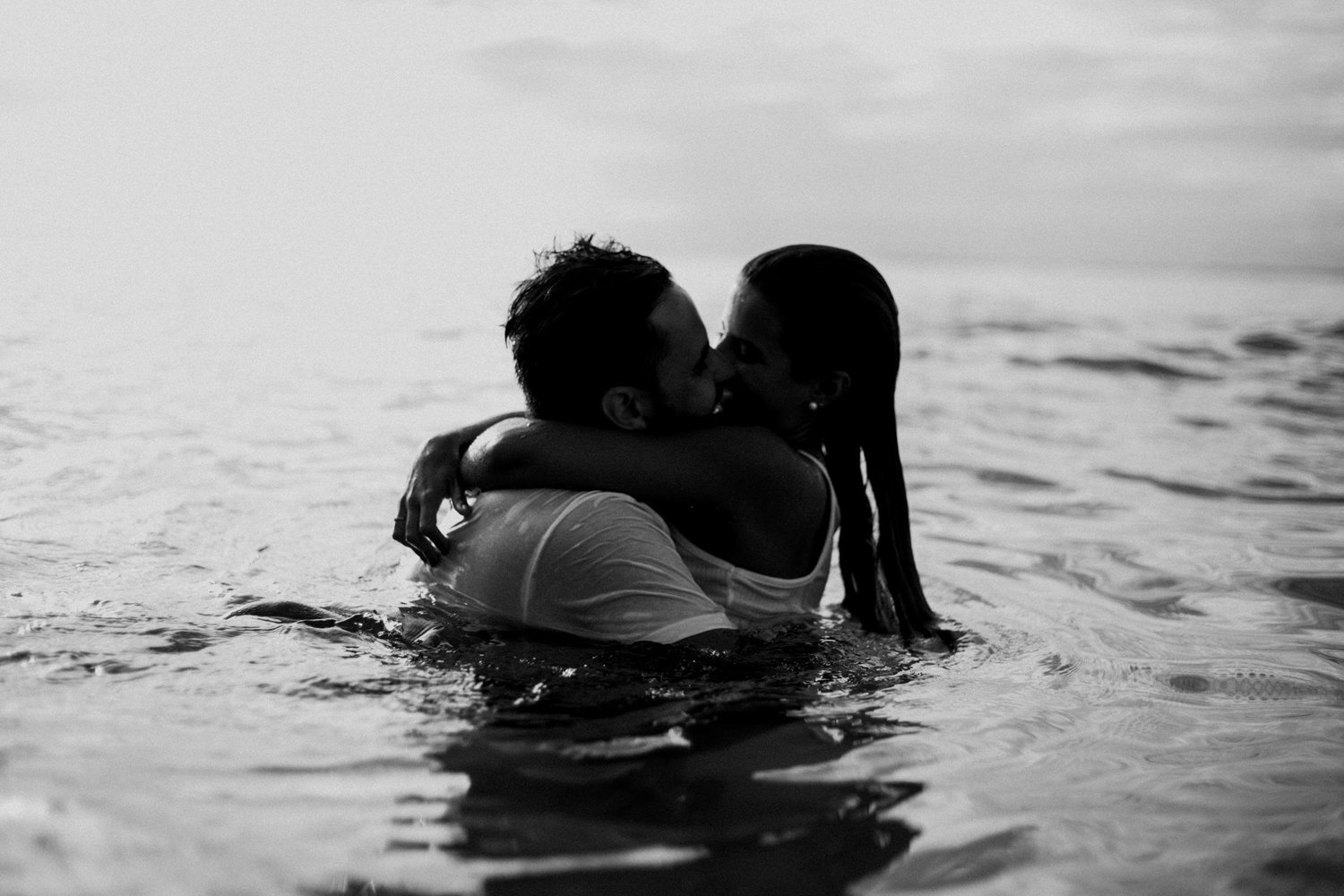
In a world that often encourages emotional armor, embracing vulnerability in relationships requires profound courage. We are taught to stay strong, hide our insecurities, and avoid revealing too much. But the truth is, genuine love doesn’t grow in perfection—it grows in openness.
Vulnerability is the act of showing your true self—your fears, doubts, dreams, and imperfections—without knowing how the other person will react. It’s a risk, yes, but it’s also the doorway to real intimacy. When you let someone see your raw, unfiltered self, you’re saying, “I trust you with my truth.” That level of openness invites your partner to do the same, creating a deeper and more authentic connection.
Strong relationships are not built on constant harmony or flawless communication; they’re built on trust, emotional honesty, and the willingness to be seen. When both partners feel safe enough to express their needs, struggles, and feelings, the relationship becomes a space of support, not judgment.
Being vulnerable also helps navigate conflict in a healthier way. Instead of shutting down or blaming, it allows partners to say things like, “I’m feeling hurt,” or “I’m scared of losing you.” These statements may feel uncomfortable, but they create clarity and deepen understanding, preventing small issues from turning into lasting resentment.
There’s also a powerful sense of freedom in vulnerability. You no longer have to pretend or perform. You can be loved for who you truly are—not for the image you project. This kind of love is rare, but it’s also the most fulfilling.
Yes, vulnerability can lead to disappointment or emotional pain. But shielding yourself too much creates distance and blocks the potential for real connection. Love always carries some risk—but without risk, there’s no reward.
Choosing to be vulnerable in a relationship isn’t a weakness. It’s a brave act of self-love and trust in your partner. And in that courage lies the foundation of a love that is not only strong but transformative.
So dare to be open. Because the more you reveal, the deeper love can go.
Vulnerability Isn’t Weakness—It’s the Foundation of Lasting Love

To be vulnerable means allowing someone to see the parts of you that aren’t polished or perfect. It’s showing up with your fears, your past, your insecurities, and still saying, “Here I am. Will you accept me?” This openness paves the way for genuine emotional intimacy—the kind that turns infatuation into deep connection.
Lasting love doesn’t survive on surface-level compatibility alone. It thrives in the raw, unguarded moments—when you’re honest about your feelings, when you admit you need support, when you express love without a script. These are the moments that build trust, which is the heart of every enduring relationship.
When two people are vulnerable with each other, they create a space where honesty is safe and judgment is absent. In this space, love becomes a partnership rooted in empathy and understanding, not fear or pride. It allows couples to grow together rather than drift apart behind emotional walls.
Vulnerability also strengthens communication. Instead of hiding emotions or pretending everything is fine, it empowers couples to express themselves honestly: “I’m afraid,” “I need reassurance,” or “That hurt me.” These simple admissions can heal rifts and prevent misunderstandings from growing into distance.
Yes, vulnerability involves risk. It means opening yourself up to the possibility of being misunderstood or even hurt. But avoiding that risk often leads to shallow connections and unspoken regrets. In love, the real risk is not being vulnerable—it’s holding back so much that the other person never truly knows you.
True love isn’t about being perfect. It’s about being real. And nothing is more real—or more powerful—than vulnerability. When you allow yourself to be seen and loved as you are, you create the conditions for love that is deep, enduring, and completely authentic.
So, remember: vulnerability isn’t weakness—it’s the quiet, courageous strength that keeps love alive.
Letting Down Your Guard: The Power of Emotional Honesty in Romance

Emotional honesty means expressing your genuine feelings, even when they’re uncomfortable. It’s about saying “I’m hurt,” “I’m scared,” or “I need you” instead of hiding behind silence or pretending everything’s fine. This kind of openness creates a space where connection can thrive, because both people feel seen, heard, and valued for who they truly are.
In the early stages of love, it’s tempting to present only your best self—confident, happy, and in control. But the depth of a relationship grows when you start showing the messy, imperfect parts too. Letting down your emotional guard doesn’t push love away—it deepens it. It signals trust. It says, “I believe you’ll still love me, even when I’m not at my best.”
When couples embrace emotional honesty, misunderstandings are reduced. Instead of bottling up feelings or letting resentment build, partners talk openly. This fosters compassion and strengthens the emotional bond. Arguments become less about blame and more about understanding. Even vulnerability, when shared honestly, becomes a bridge rather than a barrier.
Of course, being emotionally honest can be scary. There’s always the fear of rejection or judgment. But in reality, hiding your feelings does more harm than good. It creates emotional distance and can leave both partners feeling alone—even while together.
True romance flourishes when both people feel safe to be themselves. Emotional honesty removes the pressure to be perfect and replaces it with the freedom to be real. And that kind of authenticity is magnetic—it builds a foundation that can weather life’s inevitable ups and downs.
Letting down your guard isn’t a loss of control—it’s an act of courage. It’s choosing connection over protection. And in doing so, you open the door to a love that is genuine, fulfilling, and lasting.
Because the strongest relationships aren’t built behind walls—they’re built with open hearts.
When Walls Fall: How Vulnerability Creates Unbreakable Connections

Vulnerability is the quiet strength that allows two people to show up as their authentic selves. It means being open about your fears, your flaws, your hopes, and your past without trying to filter or hide. It’s not about being dramatic or overly emotional—it’s about being real. And in relationships, realness is everything.
When we allow ourselves to be vulnerable, we send a message: “I trust you with the truth of who I am.” That trust lays the foundation for an unbreakable connection. It’s what transforms infatuation into intimacy, and chemistry into commitment. Vulnerability breaks the illusion of perfection and replaces it with emotional safety—a space where both partners can be fully seen and accepted.
Walls often form from past pain. Maybe you’ve been hurt before, or told that your emotions were “too much.” But keeping love out to avoid being hurt only leads to loneliness. Vulnerability is risky, yes—but it’s also the only path to true emotional depth. The irony is, when you open yourself up, you often find the security and closeness you’ve been longing for.
In everyday moments, vulnerability looks like saying, “I don’t have it all together,” or “I need help,” or “I’m afraid of losing you.” These aren’t signs of weakness. They’re signs of honesty and courage. And when both partners are willing to share like this, their bond strengthens in a way that’s nearly unshakable.
Letting your walls fall doesn’t mean you lose control—it means you gain connection. You create space for a love that is deep, trusting, and truly reciprocal. And that kind of connection? It can weather storms, navigate conflict, and grow stronger with time.
So dare to be vulnerable. Take off the armor. Let someone see the real you. Because in that raw, honest space—where walls fall and hearts open—unbreakable love begins.
The Magic of Vulnerability: Deepen Your Relationship One Truth at a Time

At its core, vulnerability is the willingness to be seen for who you truly are. It’s saying “I’m scared,” “I’ve been hurt before,” or “This really matters to me,” without knowing how your partner will respond. These simple but powerful truths invite authenticity into your relationship. They break down the walls of pretense and open the door to deeper understanding.
Many people believe love thrives on romance, chemistry, or shared interests. While those elements are important, they’re not what sustains love in the long run. What keeps two people connected through the challenges of life is their ability to be emotionally honest with one another. Vulnerability allows both partners to move beyond surface-level interactions and engage with each other’s inner world.
When you share your truth—whether it’s a fear, a hope, or a piece of your past—you build a bridge. And when your partner walks across that bridge with compassion instead of judgment, your bond grows stronger. Vulnerability, practiced consistently, nurtures emotional safety, making it easier for both people to keep showing up fully and openly.
Of course, being vulnerable isn’t always easy. It comes with risk. There’s the chance of being misunderstood or even rejected. But the greater risk lies in never opening up at all. Relationships without vulnerability often lack depth, leading to emotional distance and silent dissatisfaction.
The beauty of vulnerability is that it doesn’t require grand gestures. It starts with one truth at a time—honest conversations, brave confessions, and the willingness to share what’s really going on beneath the surface. Over time, these small acts of openness create an unshakable foundation of love and trust.
So, if you want to deepen your relationship, don’t be afraid to be vulnerable. Speak your truth. Share your heart. That’s where the magic lives—not in perfection, but in the courage to be real, together.
Strong Hearts Show Scars: The Role of Vulnerability in Real Love
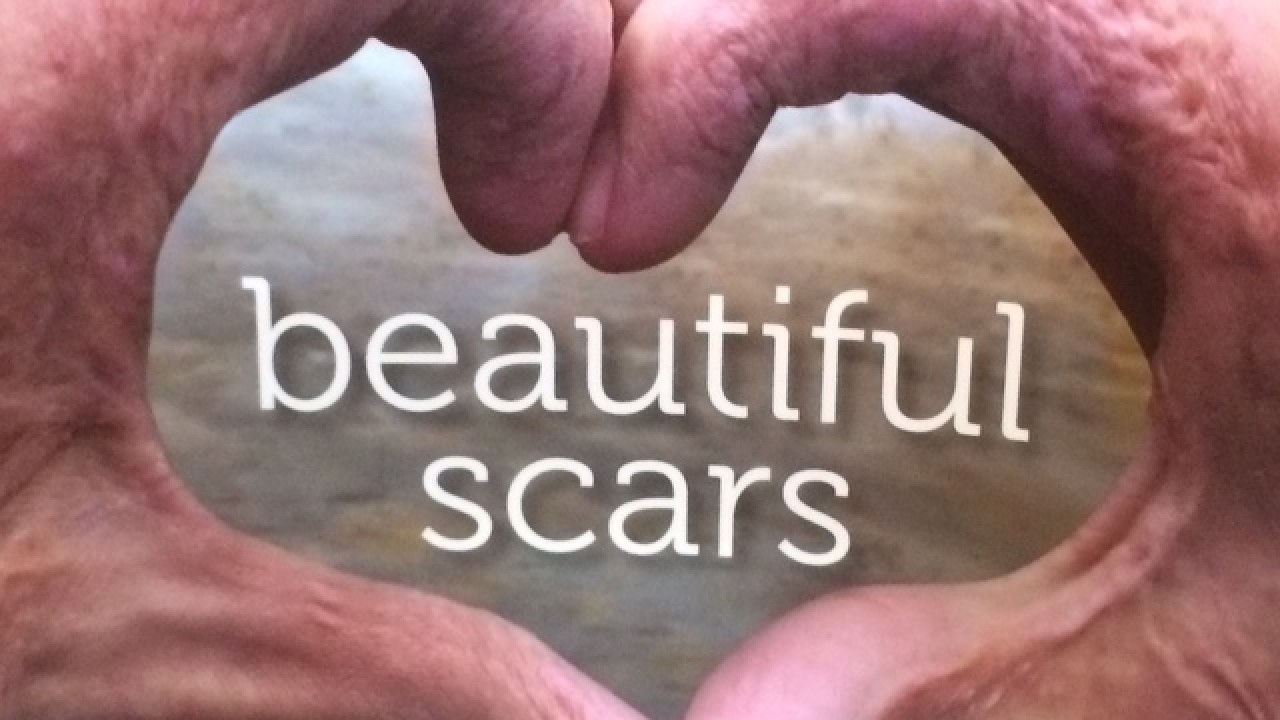
Vulnerability in love means showing up without a mask. It’s admitting when you’re afraid, asking for support when you feel weak, and allowing someone to see your unpolished truth. These moments of openness may feel uncomfortable, but they create the foundation for lasting emotional intimacy.
We often believe that love is about being accepted at our best. But lasting love is forged in the moments when we are seen at our worst—and still embraced. It’s in saying, “This is my past,” or “This is where I’m hurting,” and hearing, “I’m still here.” Vulnerability is the bridge that turns affection into trust and attraction into unwavering loyalty.
When both partners feel safe to be emotionally transparent, walls come down and a deeper kind of love emerges. Instead of avoiding difficult conversations or pretending to be “fine,” couples begin to share honestly. This honesty strengthens communication, eases tension, and fosters empathy—allowing love to become more resilient and meaningful.
Of course, vulnerability requires bravery. It means risking rejection, admitting uncertainty, and being emotionally exposed. But the paradox is clear: the more we try to protect ourselves from emotional pain, the more we block the very intimacy we crave. True strength isn’t about never hurting—it’s about continuing to love and trust even after we’ve been hurt.
Strong hearts don’t come from easy journeys. They’re shaped by pain, healed through connection, and strengthened by vulnerability. Scars aren’t signs of weakness—they are proof of survival, growth, and the willingness to keep loving despite it all.
The real beauty of love lies not in perfection, but in shared vulnerability. Because when we show our scars, we give others permission to show theirs too—and that’s where real love begins.
Dare to Be Seen: Why Vulnerability Is Essential for Romantic Growth

Love isn’t built on flawless facades—it thrives in the space where we dare to be real. At the heart of every meaningful, lasting relationship is one powerful, often uncomfortable truth: vulnerability is essential. If you want a love that grows stronger with time, you have to be willing to be seen—not just in your best moments, but in your most fragile ones too.
Vulnerability means letting down your emotional defenses. It’s saying “I’m scared,” “I need you,” or “I don’t have it all together,” without knowing exactly how your partner will respond. That uncertainty is what makes it feel risky—but it’s also what makes it so transformative. When you open up, you invite real connection. You stop performing and start relating.
Many relationships stall not because of a lack of love, but because of a lack of depth. Without vulnerability, communication stays on the surface. Emotional walls go up, and true intimacy gets shut out. But when both partners dare to be emotionally honest—one truth at a time—something powerful happens: trust deepens, empathy grows, and the relationship evolves.
Growth in love doesn’t come from pretending to be perfect or avoiding discomfort. It comes from navigating difficult conversations, sharing insecurities, and allowing your partner to witness the parts of you that you usually hide. That openness creates a safe space for both people to learn, heal, and grow—together.
Of course, vulnerability takes courage. It means being seen in your rawest form. But that’s also where the deepest kind of love lives—the kind that says, “I see all of you, and I’m not going anywhere.” That love isn’t shallow or conditional. It’s rooted in truth.
FAQ
Why is vulnerability important in a romantic relationship?
Vulnerability fosters emotional intimacy, trust, and connection. When partners share their true thoughts and feelings without fear of judgment, they build a deeper, more authentic bond.
Isn’t being vulnerable risky?
Yes, vulnerability involves emotional risk, such as rejection or misunderstanding. However, it also opens the door to genuine love and connection. Without vulnerability, relationships often remain shallow and emotionally distant.
How can I start being more vulnerable with my partner?
Start small. Share how you’re feeling, talk about a personal experience, or express a need or fear. The goal is to create honest, open dialogue without blaming or shaming.
What if my partner doesn’t respond well to my vulnerability?
If your partner reacts defensively or dismissively, it’s important to communicate how that response made you feel. Healthy relationships involve mutual respect and emotional safety. If the pattern continues, it may help to seek couples counseling.
Can too much vulnerability push someone away?
Vulnerability should be balanced and mutual. Oversharing too soon can overwhelm the other person, especially in early stages of a relationship. Gauge the emotional pace of the connection and build trust over time.
How does vulnerability help resolve conflicts?
Vulnerability shifts the focus from blame to understanding. Instead of saying, “You never listen,” you might say, “I feel hurt when I don’t feel heard.” This invites compassion rather than defensiveness.
Can vulnerability make my relationship stronger?
Absolutely. Couples who are emotionally open and honest tend to experience greater satisfaction, resilience, and long-term connection. Vulnerability is the foundation of emotional growth and true partnership.

